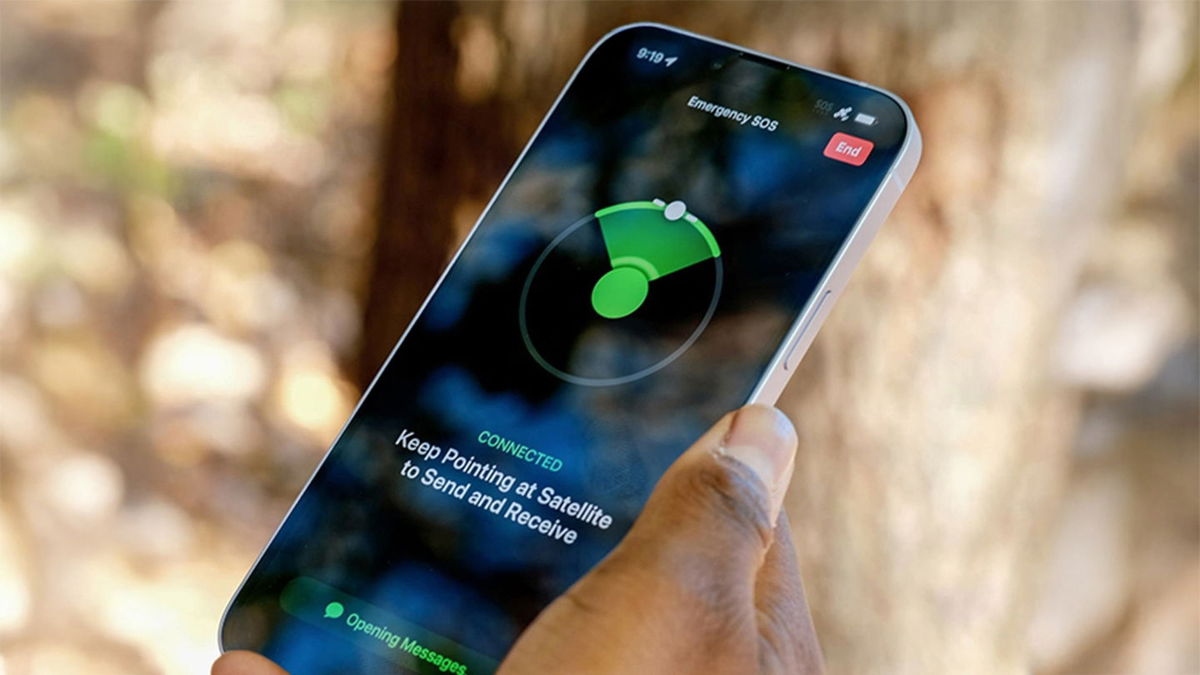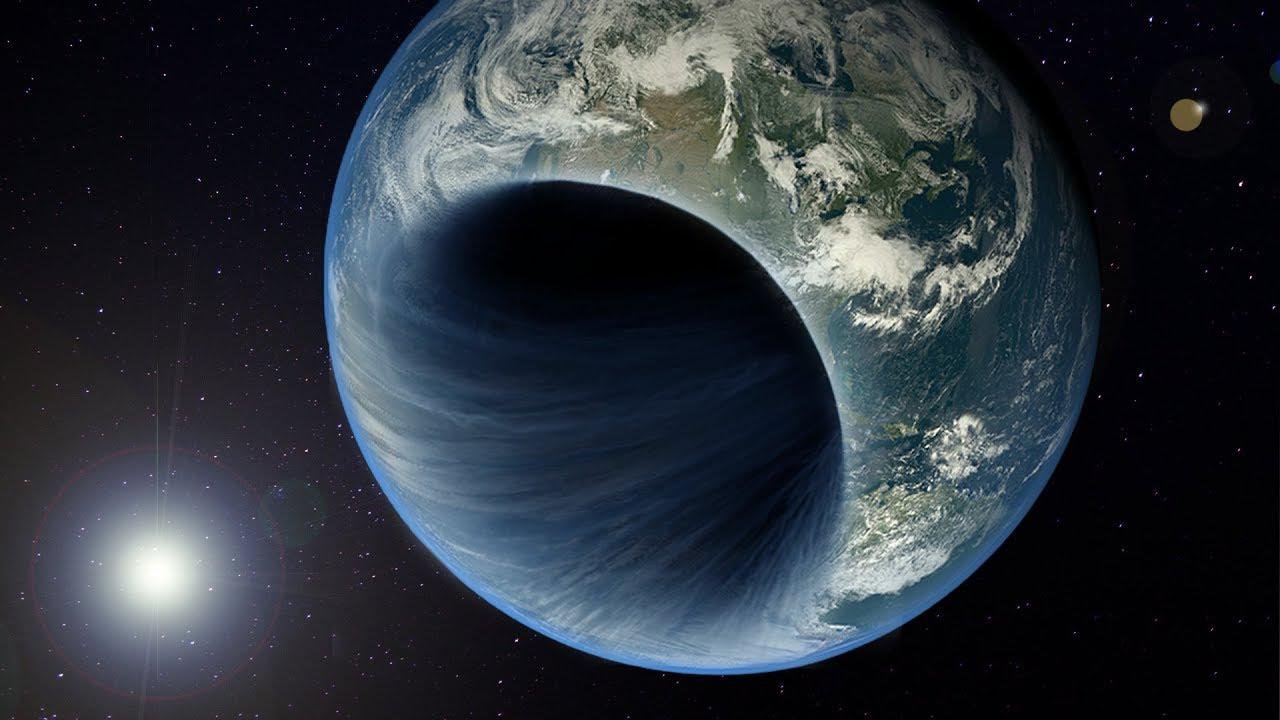One of the most powerful abilities of human beings is the ability to imagine. Imagination, in all branches of knowledge and culture, allows to create hypothetical scenarios, add endless features to them and study their possibilities, often drawing very useful conclusions.
“What would the world be like today if Germany had won World War II?” such questions. or “What if Brazil becomes a world power?” They may have little or no historical value due to the simple fact that they did not materialize or are not an aspect of current reality, but they do have value for reasoning and reasoning.
However, for the natural sciences, imagination is essential. Throughout history, the pure and simple act of imagination has been the starting point for countless revolutionary results that led to a leap in scientific development. And if…? Let’s look at the situation of an impossible scenario here: What if the Earth had turned into a black hole?
We will start from the fact that in the absence of any force or interaction in the universe other than gravitational, any initial configuration of mass will inevitably collapse to form a black hole. In fact, gravity doesn’t even have to be the only force, it just has to be the dominant interaction. As matter collapses, it crosses a critical threshold for the amount of mass in a given volume, leading to the formation of an event horizon. Any stationary object, no matter how far away from that event horizon, if given enough time, will cross that horizon and encounter the central singularity.
If the electromagnetic forces and quantum interactions of the atoms that make up our planet (and naturally resist gravitational collapse) were somehow shut down, Earth would quickly become a black hole.
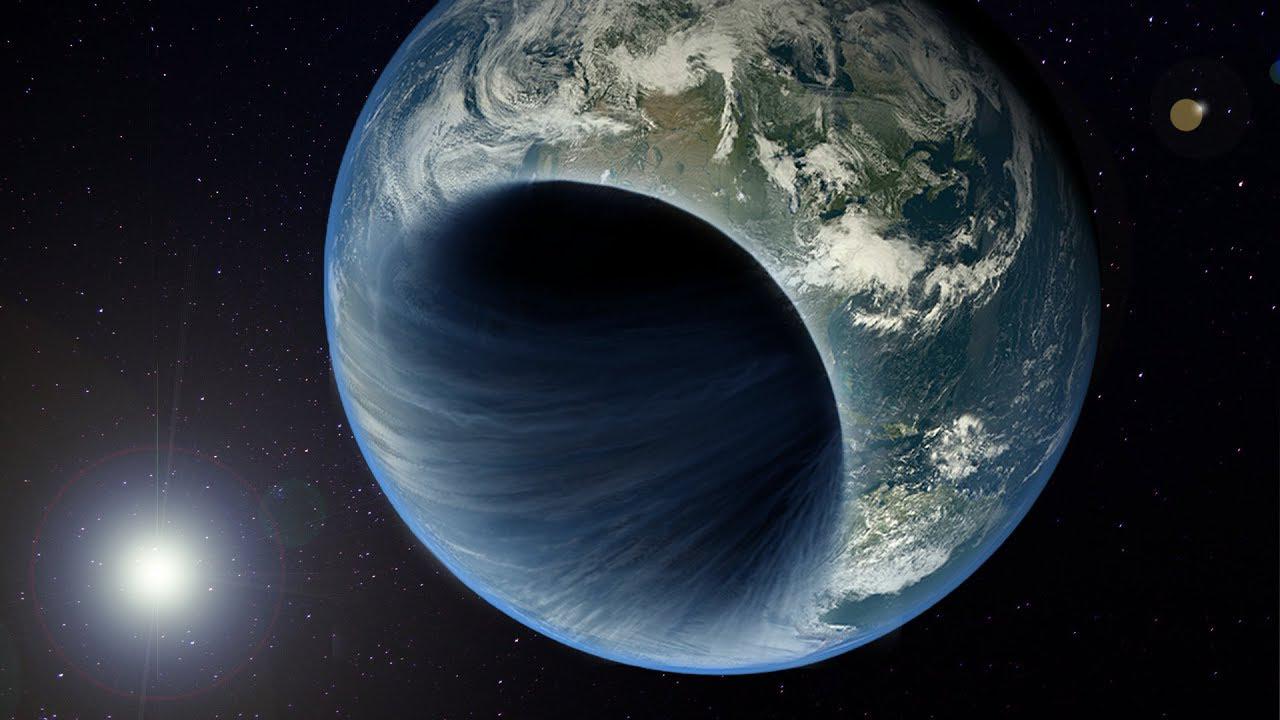
If this happened, all the matter that makes up the Earth would instantly start accelerating towards the center of the Earth, as if in perfect free fall. In the core, the mass will accumulate more and more and its density will increase exponentially within the first few minutes. This is because, even if the mass remains the same, the volume in which it will reside is constantly shrinking.
After about 10 to 20 minutes, enough matter will have collected in the central few millimeters to form an event horizon for the first time. After just 1 or 2 minutes in total, the entire mass of Earth would collapse into a black hole just 1.72 centimeters in diameter.
If Earth suddenly collapsed into a black hole, you would have met the fate of all other humans if you weren’t in space: Looking down, we were able to see what happened to the surface beneath our feet when we fell, if the matter that made up the Earth still managed to emit or reflect ambient light. But as the black hole formed, it would only distort space and the images we would see would be distorted due to the bending of light rays.
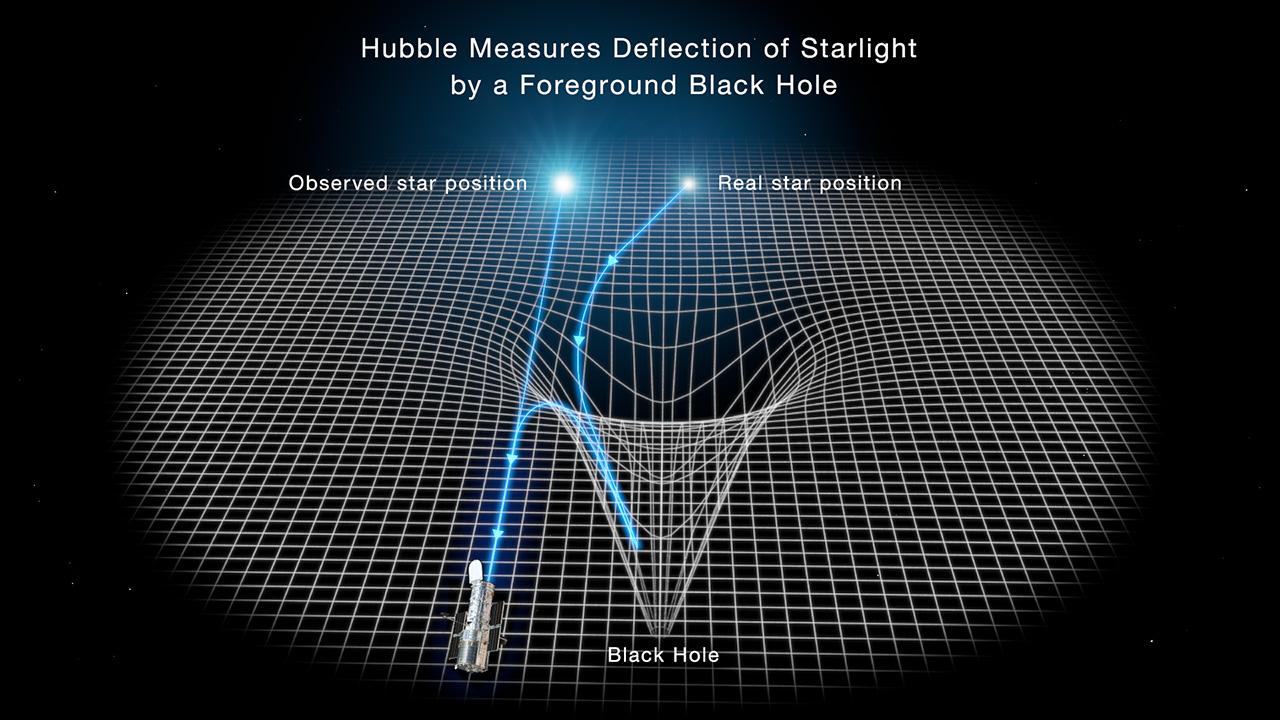
After the sensation of going from rest to free fall with an acceleration of 9.8 m/s² towards the center of the Earth, when we fell half way (about 3,187 kilometers) from the center of the Earth, the speed would be 11 kilometers per second, and when we were only 1 kilometer from the center, our rate of fall That would be an impressive speed of 895 kilometers.
As you can imagine, there would be no survivors to tell the story in this hypothetical adventure. The main reason for this is that as we get closer and closer to the center of the collapsing Earth, we will begin to experience large increases in tidal forces as a result of the gravitational interaction.
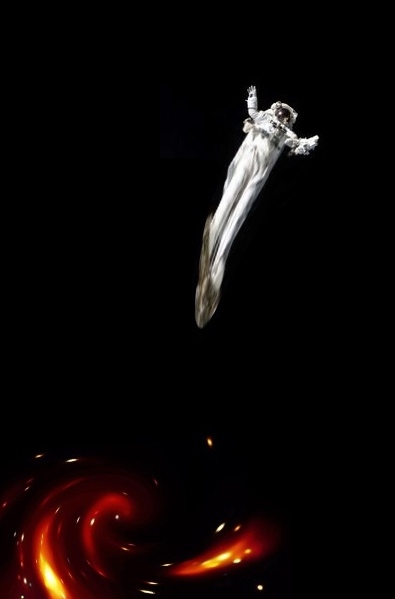
About 25 kilometers from the central black hole, tidal forces cause our spine to elongate, causing it to elongate so violently that individual vertebrae cannot remain intact. If we were about 14 kilometers away, all our joints would loosen and our bodies could no longer be held together in larger pieces. Eventually, as we got closer and closer, the tidal forces would be strong enough to destroy all our cells and shatter even the atoms that once made up our bodies. Eventually, like everything else on the planet, we would be sucked up by the black hole for a total of 22 minutes since we started falling.
If the Earth were suddenly turned into a black hole under the laws of gravity, all humans on the planet would end up exactly the same.
Source: Tec Mundo
I’m Blaine Morgan, an experienced journalist and writer with over 8 years of experience in the tech industry. My expertise lies in writing about technology news and trends, covering everything from cutting-edge gadgets to emerging software developments. I’ve written for several leading publications including Gadget Onus where I am an author.


